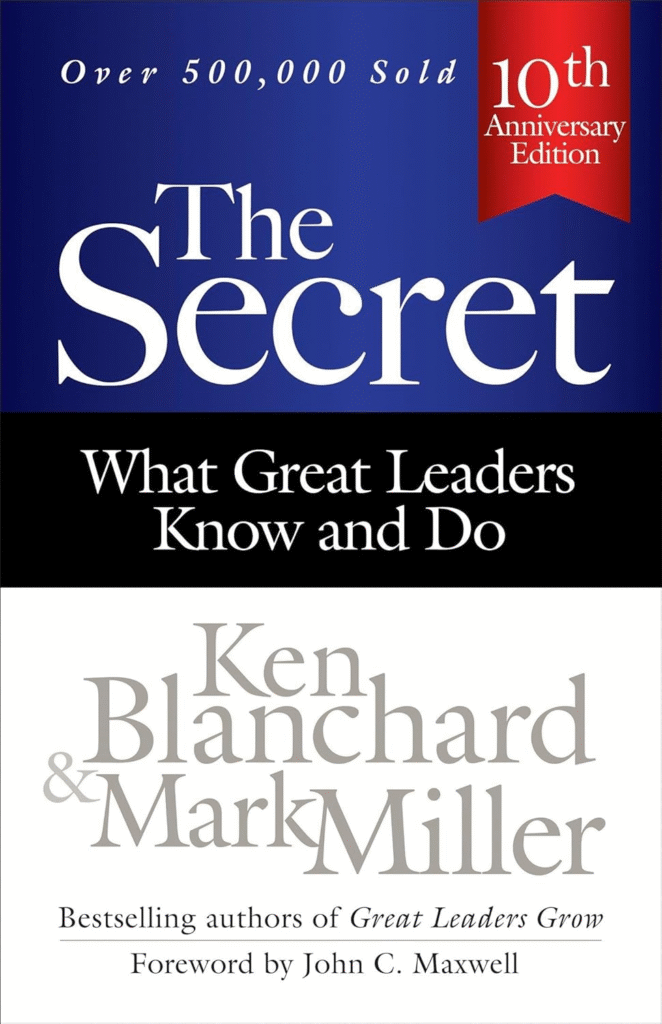Leadership Beyond Authority
Being an effective leader is a dream many aspire to achieve. Leadership is more than just a title, it is the driving force behind successful projects, thriving organizations, and motivated teams. Unfortunately, leadership is often misunderstood. Too many confuse it with bossing, believing that being “in charge” and giving orders equals leadership. In reality, true leadership is not about authority, hierarchy, or control. It is about vision, service, and the ability to influence others positively.
As John C. Maxwell famously said:
“A leader is one who knows the way, goes the way, and shows the way.”
So, what separates real leaders from mere bosses?
Leadership as an Iceberg
Think of leadership as an iceberg. The visible part above the surface is what people usually see position, authority, or recognition. But beneath the surface lies the true foundation: skills, experience, emotional intelligence, resilience, and vision.
You don’t need to be born with leadership qualities. In fact, anyone can develop them. Leadership is not reserved for a privileged few—it can be learned, practiced, and strengthened over time. Even personal challenges, hardships, or setbacks can shape someone into a resilient leader who uplifts others.
Leadership Is Service, Not Power
Here’s a powerful question: Is a leader someone who wants to serve others, or someone who wants to be served?
True leaders embrace the first answer. They exist to serve, guide, and elevate others—not to demand recognition. As Ken Blanchard said:
“The key to successful leadership today is influence, not authority.”
One inspiring example comes from Julie Brasseur, a young manager featured in Ken Blanchard and Mark Miller’s work. Julie struggled with poor business results and doubted her leadership ability. However, through a development program, she learned essential leadership habits that transformed her management style. Eventually, she led her business from the bottom ranks to the top.
What changed? She embraced six key habits that define effective leadership.

4.6/5 on Amazon | ★ 4.1/5 on Goodreads Go to Amazon
Six Habits of Effective Leaders
1. Signal the Future
Great leaders help their teams see beyond the present. They paint a clear picture of where the team is headed and why the journey matters. Vision creates alignment and motivation.
Example: Jeff Bezos, founder of Amazon, constantly signaled the future by reminding his team of the company’s mission: “to be Earth’s most customer-centric company.” This clear vision guided decisions for decades, even when short-term profits were uncertain.
Ask yourself:
- What are the long-term goals of my team?
- How can I inspire passion for the bigger picture?
👉 Leaders who consistently signal the future keep their teams focused, engaged, and resilient through change.
2. Serve Others
Leadership begins with service. The best leaders don’t ask, “What can my team do for me?” but rather, “What can I do to help my team succeed?”
Indra Nooyi, former CEO of PepsiCo, famously wrote personal letters to the parents of her senior executives, thanking them for raising exceptional leaders. She believed in serving not just her employees, but their families too. This deepened loyalty and inspired her teams to deliver at the highest level.
As Simon Sinek put it:
“Leadership is not about being in charge. It’s about taking care of those in your charge.”
👉 Serving others builds trust, respect, and an unshakable culture of loyalty.
3. Develop People
An effective leader doesn’t just deliver results; they build other leaders. The goal is to empower, mentor, and create opportunities for growth.
Satya Nadella transformed Microsoft by fostering a growth mindset culture. Instead of focusing only on performance, he emphasized curiosity, continuous learning, and team development. Under his leadership, Microsoft’s market value soared.
Practical habit: Schedule time for coaching, feedback, and mentorship. Developing people creates a cycle of success that multiplies across the organization.
4. Build Trust
Trust is the foundation of all great leadership. Without it, even the most brilliant strategy will fail. Leaders build trust by being consistent, transparent, and accountable.
Howard Schultz, former CEO of Starbucks, emphasized trust by investing in employees through healthcare benefits and stock options, even for part-time workers. His philosophy was clear: trust employees, and they will trust the company.
Stephen Covey reminds us:
“Trust is the glue of life. It’s the most essential ingredient in effective communication.”
👉 Leaders who build trust create environments where creativity and collaboration thrive.
5. Drive Results With Purpose
Leaders must balance empathy with performance. Driving results isn’t about pressuring teams, it’s about aligning actions with a larger purpose.
Elon Musk, despite his controversial style, inspires teams by rallying them around bold missions—colonizing Mars, revolutionizing transport, or advancing clean energy. His teams often achieve what once seemed impossible because they are deeply connected to a purpose bigger than themselves.
Action tip: Define clear goals, but always link them back to the “why.” People don’t just work for a paycheck—they work for meaning.
6. Lead by Example
Perhaps the most powerful habit of all is modeling the behavior you expect from others. Leaders who “walk the talk” inspire unmatched commitment.
Mary Barra, CEO of General Motors, embodies humility and accountability. When GM faced a safety crisis early in her tenure, she took personal responsibility, led with transparency, and initiated cultural changes. Her leadership by example rebuilt trust inside and outside the company.
As Gandhi said:
“Be the change you wish to see in the world.”
👉 Leadership is not about words—it’s about consistent actions that inspire others to follow.
Leadership Is for Everyone
Effective leadership is not about a job title or authority. It is about serving others, signaling the future, developing people, building trust, driving results with purpose, and leading by example.
The good news? Anyone can practice these habits. With intention, humility, and persistence, you can become a leader who not only achieves goals but also transforms lives.
As Warren Bennis summarized:
“Leadership is the capacity to translate vision into reality.”

